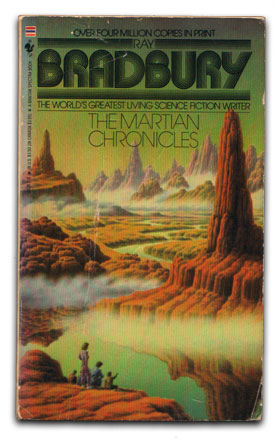
It’s time for another edition of the UR, the Utopia Report. If you missed the previous edition, check it out here.
The first Utopia Report ended with Ron Regé’s Cartoon Utopia. In a recent post, Ron took the time to explain the sources of the utopian world he is building. Ron’s reading list tends towards the transcendental and mystical visions of utopia. This makes sense. His work for me always had mystical underpinnings. The interactions between his characters always depict some kind of unspoken (telepathic?) connections. Auras, rays, and halos emanate from his characters revealing extrasensory sensitivities. Their egos dissolve into larger energy fields producing new undiscovered harmonies. It’s really interesting to see this work develop. The Cartoon Utopia is slowly becoming the theoretical underpinning of its own formal qualities. It describes a vision of the world by being that vision‚ an “ouroboric vessel.”
Also, check out Ron Regé’s Cartoon Utopia mini-comic.
Interesting call for more ‘utopian post-apocalypse movies. The author wonders why we don’t see “suggestions for post-apocalyptic living or specific life-changing prescriptions for our current situations” in movies as much as we see the destruction of the world. The answer seems obvious. It’s a lot easier to destroy than to create. In a way, he’s giving further evidence to the Zizekian creativity deficiency as expressed in his “it is much easier for us to imagine the end of the world than a small change in the political system” statement. If we can’t imagine a small change, then how can we go about devising new utopian societies and civilizations? But, Zizek’s statement is starting to sound a little dated these days. As the financial crisis erodes confidence in our society, it’s becoming increasingly possible to question the way of life that led us to this point. Perhaps this can lead to more creative visions in cinema, science fiction, and politics. I’m skeptical on the political front‚ but I would welcome more pulp utopianism.
I recently read Kim Stanley Robinson’s, Red Mars. It’s part one of a trilogy about the settlement and terraforming of the red planet. Earth is overpopulated and running out of resources. Mars seems the obvious solution as the destination for mass emigration and a huge source of natural resources. The drama of the novel hinges on the struggle between capitalist and socialist tendencies (though the author doesn’t necessarily spell this out). The capitalists see Mars as a planet-sized mine and a source of planet-sized profits. The socialists see the red planet as a blank slate for a new society and an opportunity to forge a new relationship with the environment. The harsh living conditions on Mars foreground the preciousness of things we usually take for granted on Earth. Atmosphere, soil, water are not there for the taking. The terraforming (literally Earth-shaping) of Mars is a huge collective effort. In such an environment concepts like private property and money become meaningless. How do you turn Mars into a new Earth, when Earth no longer resembles itself? I can’t wait to read the rest of the trilogy.
Speaking of Kim Stanley Robinson… here’s a recent article where he describes capitalism as a multi-generational Ponzi scheme. A lot of ideas found in Red Mars are echoed in this essay.




